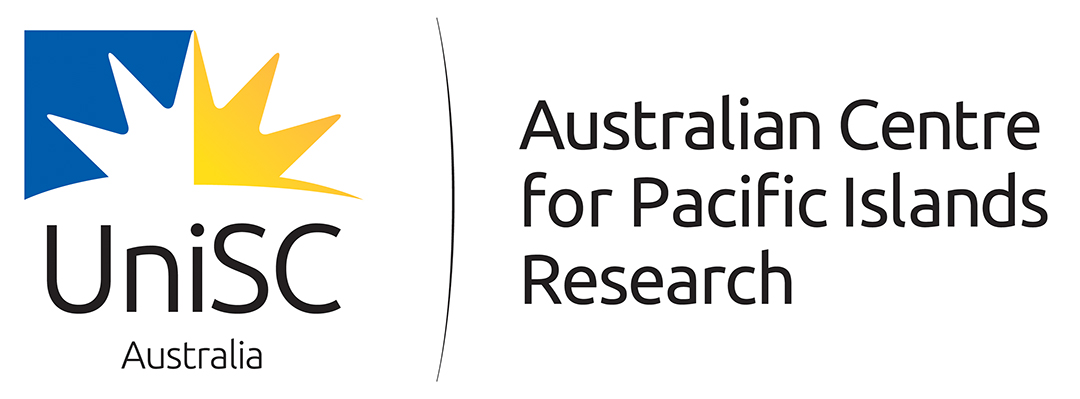Professor of Geography; Director, Sustainability Research Centre
After his BSc in Geography and Geology from the University of London King’s College, Prof Patrick Nunn went on to undertake a PhD on Quaternary landscape evolution at University College London. After completing this and holding various short-term appointments in British universities, Patrick was appointed to a Lectureship in Geography at the University of the South Pacific, an international university serving 12 Pacific Island nations, based at its main teaching campus in Suva, Fiji. Thinking he would complete his three-year contract there before returning to the UK, Patrick in fact spent 25 years there, being appointed to a Personal Chair (Professor of Oceanic Geoscience) in 1997 and then in 2009 becoming Pro Vice-Chancellor (Research and International). Patrick left the University of the South Pacific in 2010 to become Head of the School of Behavioural, Cognitive and Social Sciences at the University of New England, a position he held until joining the University of the Sunshine Coast as Professor of Geography in March 2014.
Patrick’s main research interests for the past 30 years have focused on the Pacific Basin (both islands and the surrounding continents) and, as befits a true geographer, have been in a number of distinct areas. His early work on the Quaternary geology and tectonics of many islands and island groups in Fiji, Samoa, Tonga and Vanuatu still represents the latest word on many of these issues today. In response to an invitation from the Fiji Museum, he began a collaboration that lasted more than a decade and involved Patrick directing a number of excavations in Fiji, notably the seven-year programme along the Rove Peninsula in southwest Viti Levu Island that involved the discovery of what is still likely to be Fiji’s first settlement at Bourewa, established perhaps 3100 years ago. Firmly believing in the importance of community awareness, Patrick has ensured that the results of his research have been returned to the people of the land in ways that they can understand its nature and importance, something helped in the case of Fiji by his fluency in the Fijian language and his familiarity with cultural protocols.
One of Patrick’s current research interests focuses on ancient understandings of coastal-environmental change and how these have been culturally filtered and encoded in narrative and myth. This research was laid out in his books, Vanished Islands and Hidden Continents of the Pacific (University of Hawaii, 2009) and The Edge of Memory (Bloomsbury, 2018). His new book, out last year from Bloomsbury, is Worlds in Shadow: Submerged Lands in Science, Memory and Myth.
The other main interest of Patrick at present is focused on climate change issues in the Pacific Islands, understanding past and (likely) future human-climate interactions and their implications for coastal livelihoods. This work has seen the publication of several books including Oceanic Islands (Blackwell, 1994) and Climate, Environment and Society in the Pacific (Elsevier, 2007) and more than 320 peer-reviewed publications. A long involvement with the Intergovernmental Panel on Climate Change (IPCC) led to Patrick sharing its 2007 Nobel Peace Prize; Patrick was a lead author on the chapter about ‘Sea Level Change’ in the IPCC’s 5th Assessment Report and is currently a lead author on the chapter about ‘Small Islands’ for its 6th Assessment.
Yes, up to 4.
I am interested in supervising Pacific Island students at PhD level working on
• Heritage issues, including tangible heritage (like stonework structures including artificial islands) and intangible heritage (including oral traditions).
•Climate change challenges, including (a) traditional and local knowledge for coping with climate variability and (b) coastal settlement relocation.
•Livelihood sustainability, including autonomous community adaptation, peripherality, and anticipatory adaptive pathway development.
• Traditional and local knowledge in the Pacific Islands – use in future climate change adaptation
• Past community relocations in the Pacific: lessons learned for the future
• Veiqanivivili: Investigating the Only Known Shell-Midden Island in the Western Pacific Islands
Water security in relocated Pacific Island coastal communities
Has conducted research in most Pacific Island Countries, especially Federated States of Micronesia, Fiji, Kiribati, Palau, Samoa, Solomon Islands, Tonga, Tuvalu, and Vanuatu.
Taught for 25 years at the University of the South Pacific, currently Adjunct Professor in Pacific Studies there and Adjunct Professor at Solomon Islands National University, with both of which he has close and ongoing links.

